- Solutions
- Products
- About Us
-
Resources
- Resources
-
Popular Guides and Articles
- Sustainability Tracking: Measuring and Improving Standards
- A Guide for Major Event Programme Management
- A Guide for Major Event Operations Centres
- Safety and Security for Venues: Operating With Confidence
- Ready for the Big Show: Running Tabletop Exercises at your Venue
- Project Management Guide: Basic to Advanced Principles
- The Complete Guide to Risk and Issue Management
- National Olympic Committees: Are you ready for Tokyo?
- About the Products
- Clients
Book your WeTrack Demo
We can give you a quick overview or discuss your requirements in more detail, it would be good to talk!





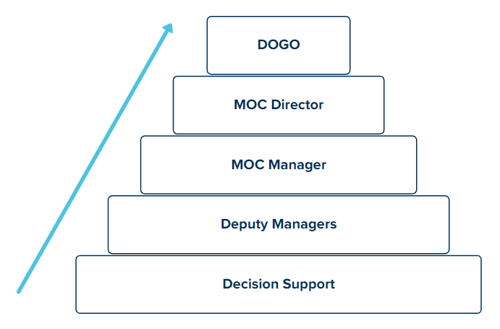 The MOC's place in wider Games-time decision-making processes
The MOC's place in wider Games-time decision-making processes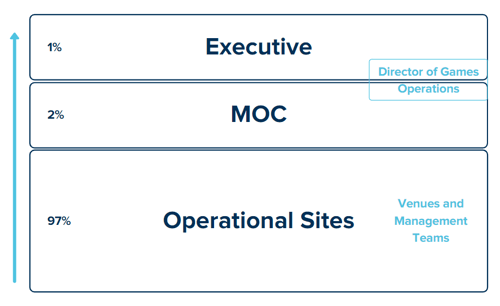 And a map of the stakeholders which the MOC exists to support
And a map of the stakeholders which the MOC exists to support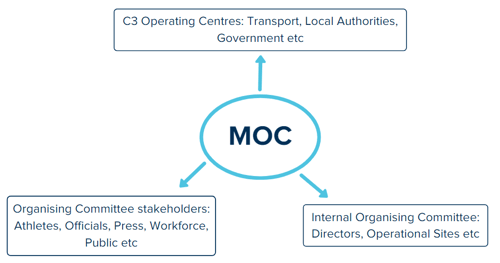 The importance of the Main Operations Centre at a major event is evident. All other teams rely on it and it is the hub of information flow and decision-making at Games-time. You can read the full article on the
The importance of the Main Operations Centre at a major event is evident. All other teams rely on it and it is the hub of information flow and decision-making at Games-time. You can read the full article on the 

-min.png?width=600&name=The%20Complete%20Guide%20to%20Incident%20Management%20and%20Event%20Control%20(1)-min.png)
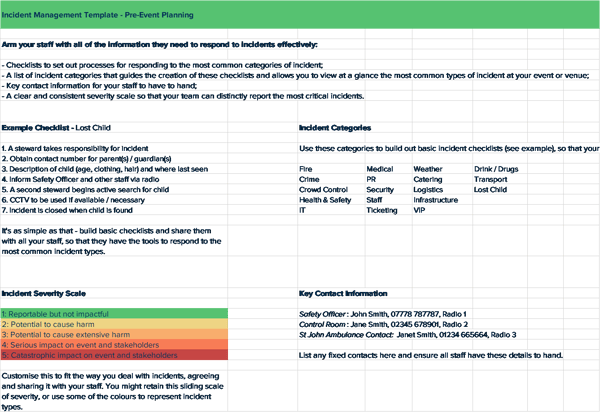 Excel is not a recommended method for incident management. This template is a guide for what you will want to record in event control.
Excel is not a recommended method for incident management. This template is a guide for what you will want to record in event control.

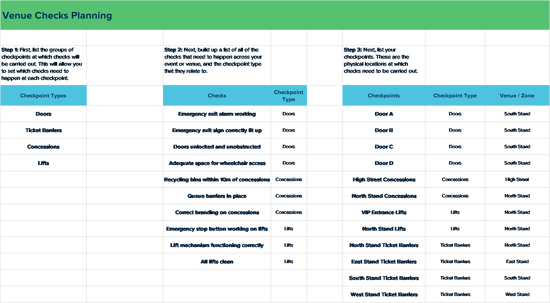 Get in touch if you would like to learn more about how our venue checks software enables you to plan, manage, complete and respond to your checks in an easy-to-use, automated, mobile-friendly platform.
Get in touch if you would like to learn more about how our venue checks software enables you to plan, manage, complete and respond to your checks in an easy-to-use, automated, mobile-friendly platform.

 Ideally your run sheets will end up in an online platform where they can be updated - and your team can be notified of changes - in just a matter of clicks. This free template can assist with your pre-event planning.
Ideally your run sheets will end up in an online platform where they can be updated - and your team can be notified of changes - in just a matter of clicks. This free template can assist with your pre-event planning.
 The 5 key requirements that Martyn's Law would place on operators of public spaces:
The 5 key requirements that Martyn's Law would place on operators of public spaces:

